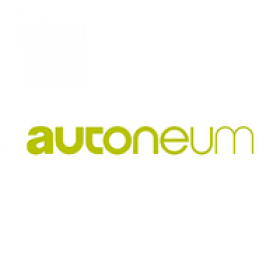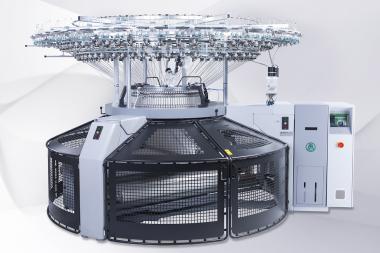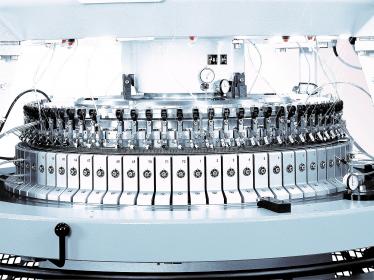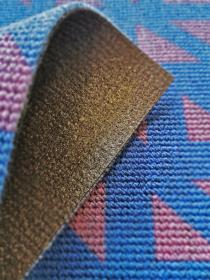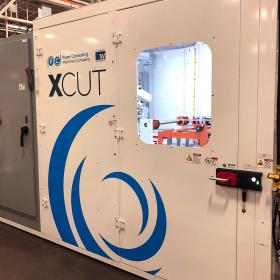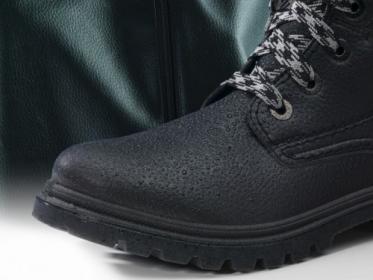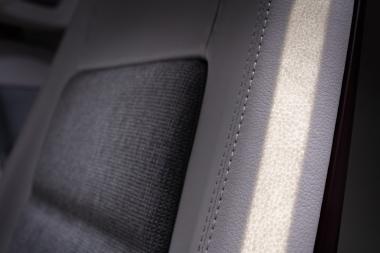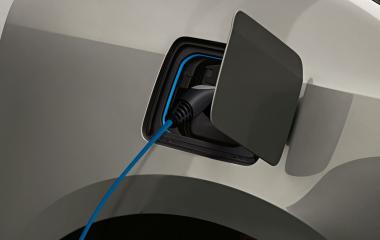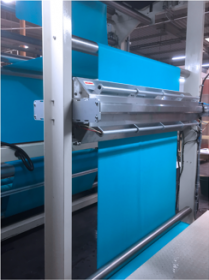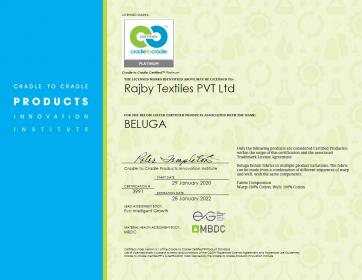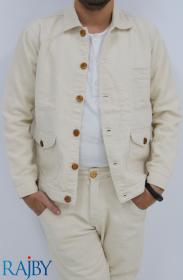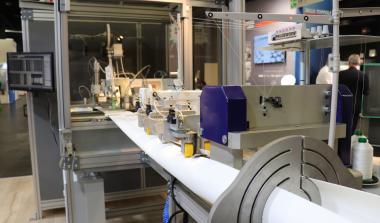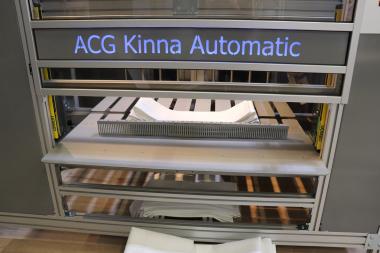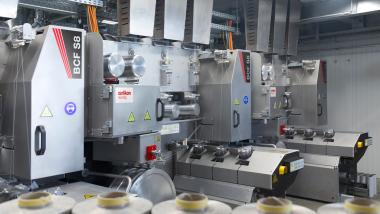Autoneum: Current assessment of the 2020 financial year
The global automobile production has been recovering faster than expected since summer. If this positive trend continues through the full second half of the year, Group revenue in local currencies in the second semester is likely to be just around –5% below the level of the prior year period. For the full year 2020 it is anticipated that revenue in local currencies will decline by around –20% compared to 2019.
Based on this development of revenue, the extensive cost reduction measures taken in response to the COVID-19 crisis and the on-schedule progress of the turnaround in North America, an EBIT margin of 4-5% is expected for the second half of the year and a slightly positive EBIT margin for 2020 as a whole. Supported by the strict management of working capital and investments, the free cash flow is likely to be in the higher double-digit million range, which should enable a slight reduction in debt.
The outlook for 2021 and especially the first half-year remains uncertain and depends strongly on how the pandemic will develop. According to forecasts, global vehicle production in 2021 will still not reach the level of 2019.
Autoneum Management AG


